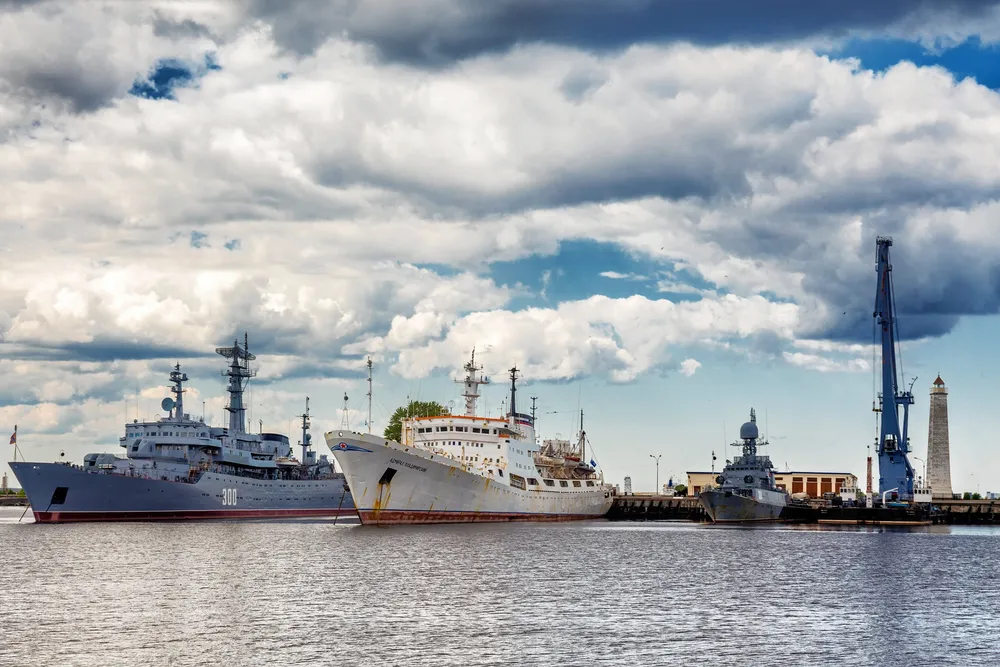Offshore wind tender on Russia's doorstep flops again as only one bid made
Energy regulator declares tender for 700MW Baltic Sea site invalid and says it is up to government to repeat the auction or not

Lithuania’s second 700MW offshore wind tender has flopped once more, due to a lack of developer interest in the small Baltic nation bordering a Russian exclave.
The country’s National Energy Regulatory Council (NERC) said it considered the tender not to have taken place as only one participant had registered by a midnight Tuesday deadline.
NERC said a decision whether to repeat the tender now rests with the government.
Domestic utility Ignitis Group said it had put in a bid for the tender that offered a two-sided contract for difference (CfD) with a €125.74 ($146.31) per megawatt hour price ceiling.
The tender had already flopped once last year, when also only one bid was received.
The government then blamed dramatic changes in the global offshore wind market for the lack of interest, among them high interest rates, disrupted supply chains after the pandemic, more expensive equipment, and decreased interest of banks and funds in financing projects.
Lithuania has a border with the Russian exclave of Kaliningrad at the Baltic Sea, and on land with Belarus, a close ally of the Kremlin regime.
The vicinity of Kaliningrad or mainland Russia has torpedoed other offshore wind plans in the region, too.
Developers have also abstained from projects in the Gulf of Finland between Finland and Estonia due to its proximity to mainland Russia.
Ignitis, together with the EDPR-Engie tie-up Ocean Winds, had won the first 700MW auction for wind at sea in the country, but so far hasn’t taken a final investment decision.
Lithuania aims to source 100% of its electricity from renewables by 2030 – up from some 40% now – with offshore wind being regarded as key for national security.
(Copyright)